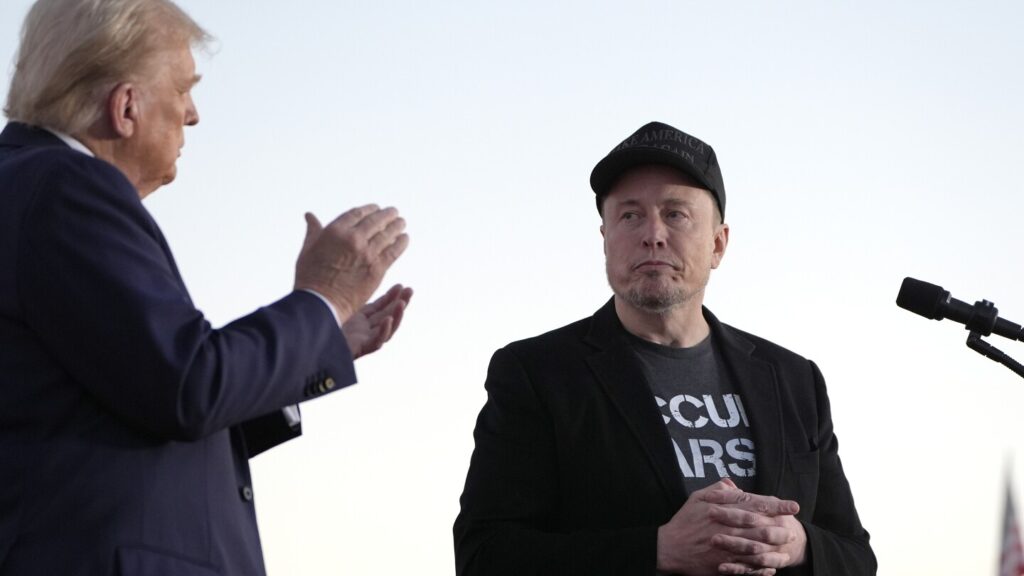Elon Musk’s Department of Government Efficiency under the Trump administration has sparked significant disruption within the federal government, with longstanding programs being dismantled, leading to public outcry and challenges to Congress’s role in lawmaking and funding. Government workers are being pressured to resign, agencies are closing, and federal funding to states and nonprofits has been temporarily halted. Musk’s team even breached privacy protocols by accessing sensitive Treasury Department information.
President Trump’s partnership with Musk is being met with legal challenges across the country, as the administration pushes forward with controversial changes. The administration’s actions are seen as an attempt to drastically reshape American institutions and reduce the size of the federal government, a goal long advocated by Republicans. While Congress typically has the power to fund government operations, Trump’s team is testing the limits of executive authority by impounding federal funds and making unilateral decisions.
Critics, including Senate Democratic leader Chuck Schumer, have condemned these actions as undemocratic and potentially unlawful. The administration’s freeze on federal grants and loans, as well as the shutdown of funds to USAID, has raised concerns about constitutional overreach. The impoundment of funds approved by Congress and the access to private information within the Treasury Department have triggered legal battles and protests.
As the administration faces backlash and legal challenges, the future of these sweeping changes remains uncertain. With Congress struggling to assert its authority and trust at an all-time low, the implications of these actions on the government’s functioning and democratic principles are under intense scrutiny. The clash between the executive branch’s actions and congressional oversight sets the stage for a contentious battle over the balance of power in the federal government.

